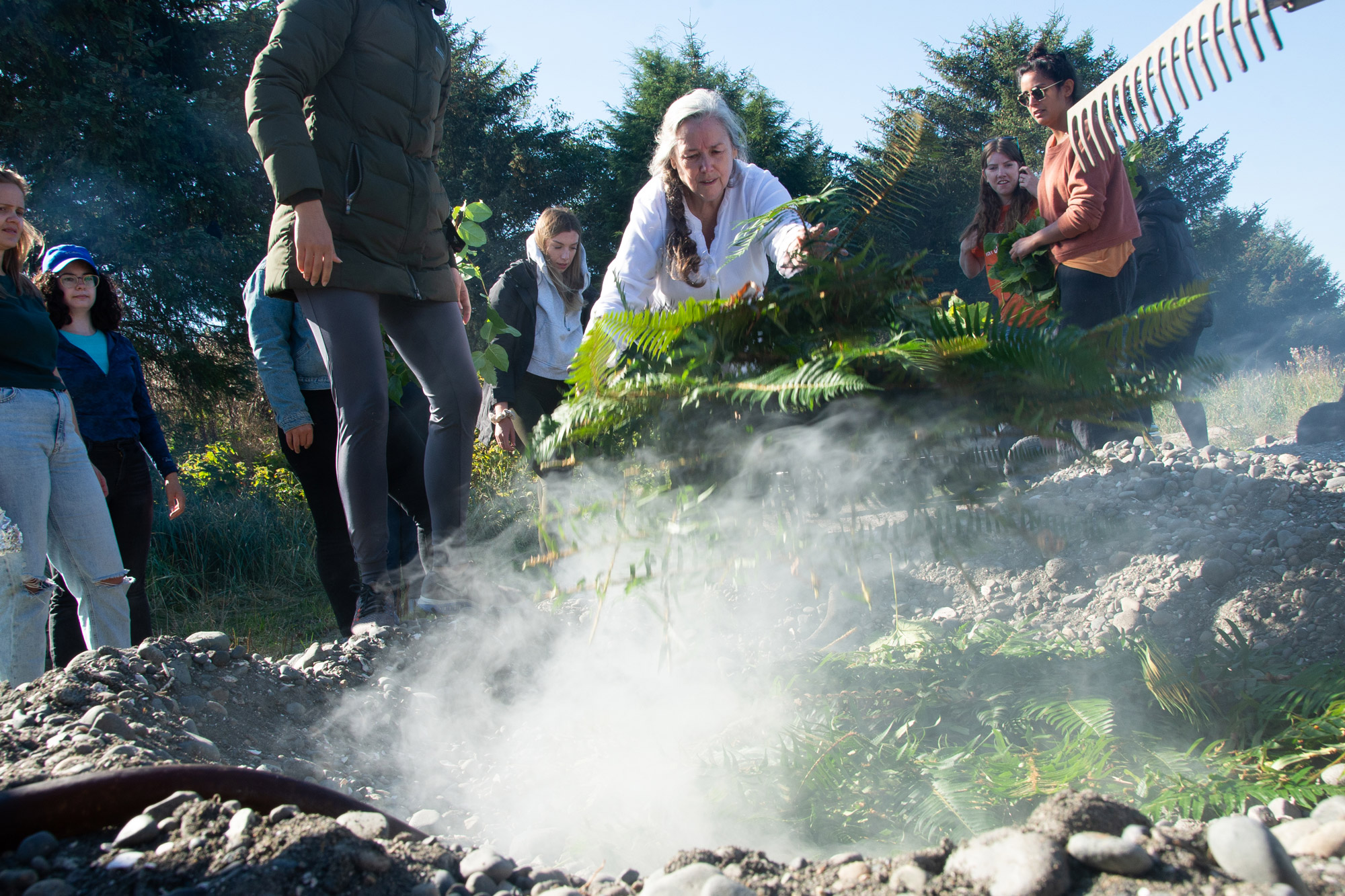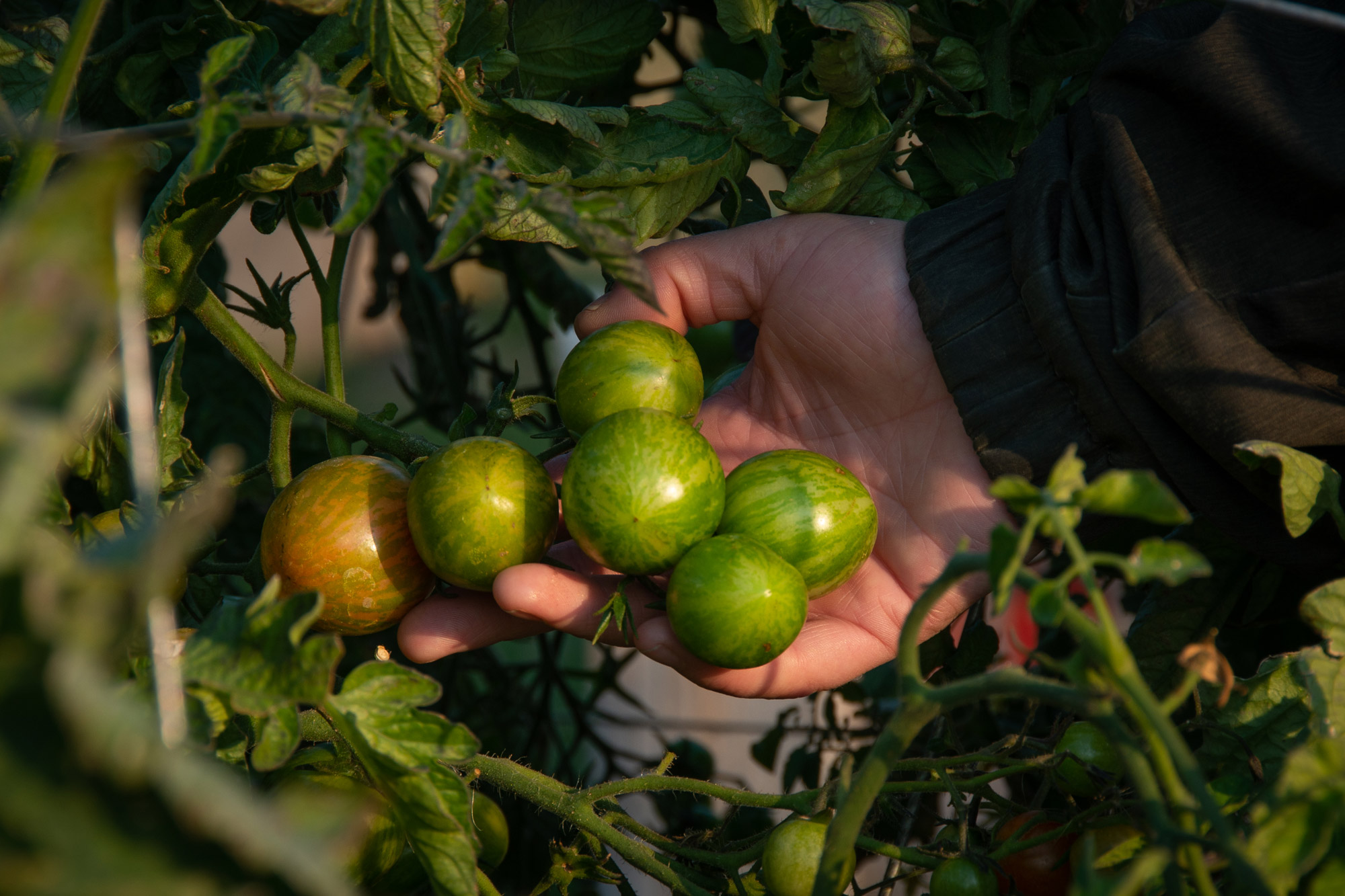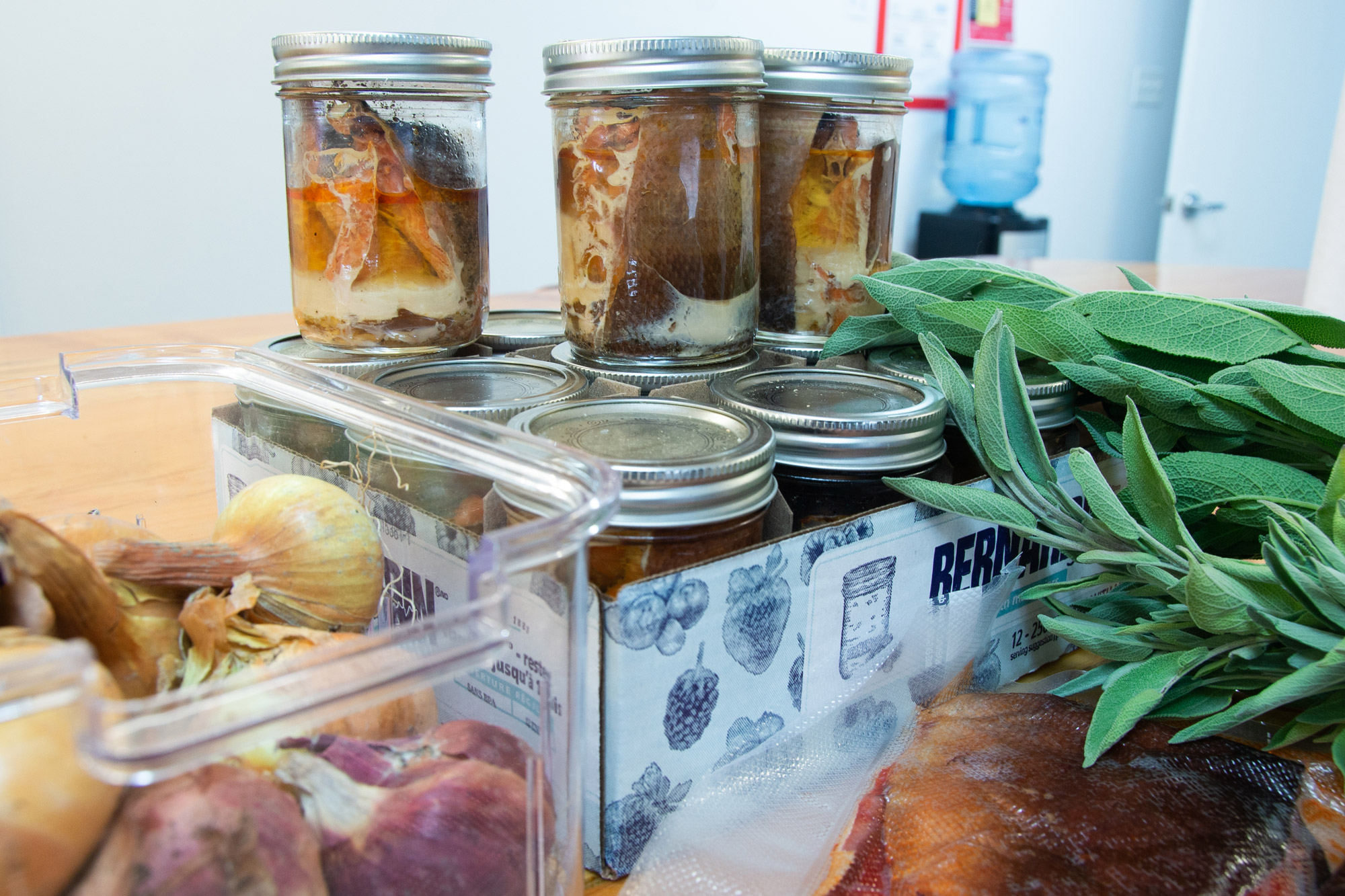Food Sovereignty for Self-Determining and Vibrant BC First Nations Children, Families and Communities

March is National Nutrition Month, and the First Nations Health Authority (FNHA) is holding our annual “Food is Medicine" wellness campaign. We invite First Nations people across BC to share stories throughout the month of March about the different foods they grow, hunt, harvest and eat in their communities.
This month, we will continue to build off the great work that communities have done and continue to do regarding food sovereignty. We will have the opportunity to engage with one another, have discussions around wise practices regarding food sovereignty and hopefully learn some new tips and tricks!
We will be kicking off Food is Medicine Month on March 5, from noon to 1:30 p.m., with a webinar featuring special guest Jacob Beaton, a Tea Creek Indigenous food sovereignty leader.
Watch the Tea Creek Trailer for a sneak peek. Details about how to access the full documentary through CBC Gem are shared below.

Tea Creek and the path to food sovereignty
For Indigenous food Sovereignty activist Jacob Beaton, the very real threat of the climate crisis has pushed him into action. He says the path back to Indigenous food sovereignty not only offers resilience to an increasingly uncertain future, but also an avenue towards healing from the horrors of colonization. In 2018, the family purchased the 140-acre farm in Kitwanga.
Jacob said what began as a simple homesteading dream has blossomed into a thriving farming operation, yielding over 20,000 pounds of produce each year and inviting community members to share in the harvest at no cost.
"I realized we had something special and unique … and in 2020, I came up with what we call the Tea Creek model," he said.
This model includes training community members in various areas that support Indigenous economies and food sovereignty. Trainees develop farming skills and learn about cooking, administration, and new media and trades, including carpentry, auto mechanics, heavy equipment operation and agricultural equipment servicing.
To record this unique Indigenous food sovereignty movement, Jacob decided to start filming their journey. The result is a 75-minute documentary called Tea Creek, which focuses largely on the impact of the model on one young trainee, Justice Moore.
Following them through the growing season, the film interweaves Jacob's and Justice's stories with the broader story of Tea Creek, the rich history of Indigenous agriculture and the little-known history of colonial actions to destroy it. Against the odds, we see how Jacob and his team are reconnecting their participants with the land, recreating resilience and providing healing for their northern community and beyond. Moore credits the farm with helping him regain stability and sobriety.

Watch the film
Before attending the panel, you can watch Tea Creek for free on CBC Gem. To sign up for a CBC Gem account and access the film for free, follow these easy steps:
- Go to CBC Gem: https://gem.cbc.ca/absolutely-canadian/s24e25
- Click “Create an Account" in the top right-hand corner. It will take you to another page, and you will click “Create an Account" again.
- On the next page, click “Create a Free CBC Account."
- Input your email and select your password
- Fill in your profile
- Check your email and input the verification code
- Search Tea Creek in the search bar
Virtual Q&A
Come join us for a two-hour conversation to hear from Jacob himself on the successes and challenges he has faced and overcome. This is your opportunity to ask questions and begin or continue your own Food is Medicine journey!
Zoom Link to Join:
Register through the individual Zoom link provided below. Registration is required, and the event information will be sent via email upon registration. If you have questions about registration, please contact food@isparc.ca.
https://us06web.zoom.us/meeting/register/K2FBIhXfSZyoDLlwAyCTuw
We encourage you and your families to try new foods, create new recipes, and enjoy spending time with loved ones to nourish your wholistic wellbeing.
Here are some additional ideas for this month's Food is Medicine Wellness Challenge:
- Try one of the delicious recipes from the FNHA's and Indigenous Sports Activity and Recreation Council's (I-SPARC's) Food is Medicine Cookbook. Post your creation on social media and tag us @FNHA or share it here.
- Sit with an Elder or knowledgeable community member and learn more about the traditional foods and medicines in your territory, and how to harvest them in a good way.
- Eat more fruit, vegetables and wild berries. Frozen fruits and vegetables are just as healthy as fresh foods and are often cost-effective and accessible.
- Take part in harvesting activities on the land, such as fishing, hunting, trapping and canning. Check out FNHA's Traditional Food Fact Sheet and the Canning Guide for wise practices and helpful tips!
- Read (and listen to!) FNHA's newest publication, which explores how traditional foods, medicines, nutrition and food security are common themes to First Nations communities across all five regions of British Columbia. The Common Language Project Report 2023, is grounded in a wholistic approach to health and wellness and describes how food is relational to First Nations people.
Wishing everyone a mindful March full of nutritious food and good medicine! We look forward to seeing you on March 5 for the Virtual Webinar.
Resources:
Food is Medicine Campaign Poster (PDF)

